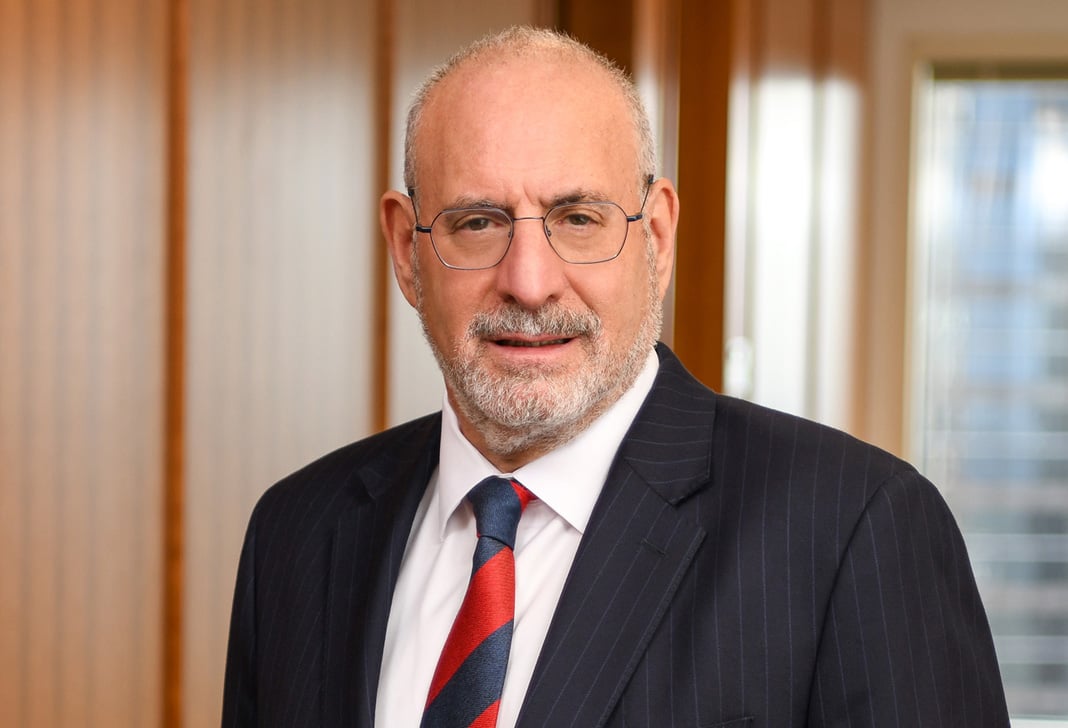
Jones Day's Hate Crimes Task Force: Changing the World One Person at a Time
Working with law enforcement and civil rights organizations in the U.S. and throughout the world, Jones Day's Hate Crimes Task Force is comprised of lawyers who represent and assist victims of these crimes. Former Partner Andy Luger and Jones Day Partner Barbara Harding explain why hate crimes are on the rise, and why encouraging victims to stand up to the harassment and persecution is a critical first step.
Read the full video transcript below:
Andy Luger:
The Hate Crimes Task Force is really a broad collection of lawyers from around the country, soon to be around the world, doing a number of things. One of which, and where I'm most involved is in representing and helping victims of hate crimes, people who have been harassed online, people whose family members have been killed. This is a broad group of lawyers that I joined in 2017 when I joined the firm.
Barbara Harding:
We work in conjunction with law enforcement. We work in conjunction with various civil rights organizations, like the American Defamation League, the Lawyers' Committee for Civil Rights, and we do whatever we can to help victims of hate crimes or harassment campaigns on the internet.
Andy Luger:
The problem is getting worse. Hate crimes, bigotry, particularly online hate and intimidation and harassment. So the stories that make the press, as they should, and that we talk about, are the murders, are what happened to Tree of Life, what happened at Poway, what's happening with violent hate crimes. But every single day, people of color, Jews, LGBTQ members of the community are being harassed and intimidated online in ways that changes their lives and makes it difficult to live their lives. We're working with the ADL and others to help protect them.
Barbara Harding:
You really can't believe what happens to some of the people that get on the radar of a neo-Nazi group or a white supremacist group. With the internet, there is just an ability of these groups to target individuals, to target their families, to send them the most vile messages and pictures that you can imagine, to go to their homes and harass them at their homes. It's truly a scary and frightening development.
Andy Luger:
One of the reasons why this is increasing is not just polarization and the rise of fringe groups, it's the voice that the internet gives to bullies and to harassers. Whereas in the old days, if you wanted to be a neo-Nazi, you had to go to somebody's basement and show your face and wear a uniform. Same thing with the Klan, etc. Now, you can sit in your own home, join a group, espouse hatred views, and organize semi-anonymously to go after somebody. That's what they're doing.
Andy Luger:
Well, right now we're learning a great deal from working with people who have been victimized. The hardest thing for anybody is to actually bring a civil lawsuit against their harassers because that just brings more harassment upon them. So we're literally talking to victims across the country. We are sanguine about what could come if they file a civil lawsuit. But some have before we started the task force, and we're talking to them as well about the bravery and the courage that it takes to bring a civil litigation against your harassers.
Andy Luger:
But everybody has to balance protection of their family, protection of their friends and their community against stepping up and doing this. One of the things that I see us doing going forward is helping to amplify this message, bring other lawyers in, and provide encouragement to victims that we can help them and that they can be safe, but that standing up for what's right and standing up for yourself is a necessary first step. We just are looking for those folks who have either that lack of fear, or they're just fed up and they're willing to do it.
Barbara Harding:
We are not the only lawyers that are out there trying to do this work. There are social justice warriors that spend their entire lives and careers out there fighting this kind of hate and violence. A lot of what we do is try to help those groups that have less resources and less funding and need assistance. We do whatever we can to help in that space.
Andy Luger:
I became a lawyer, like most people, to try to change the world. I found out quickly that if you can change the world a little bit at a time, one person at a time ... I loved being a prosecutor because you can stand up in court for victims. But when I left the government and I came to Jones Day, I saw a whole other world where we have so much more we can do for people in the civil arena just by being there for them. It's tremendously rewarding to be able to do that for people who need our help.


